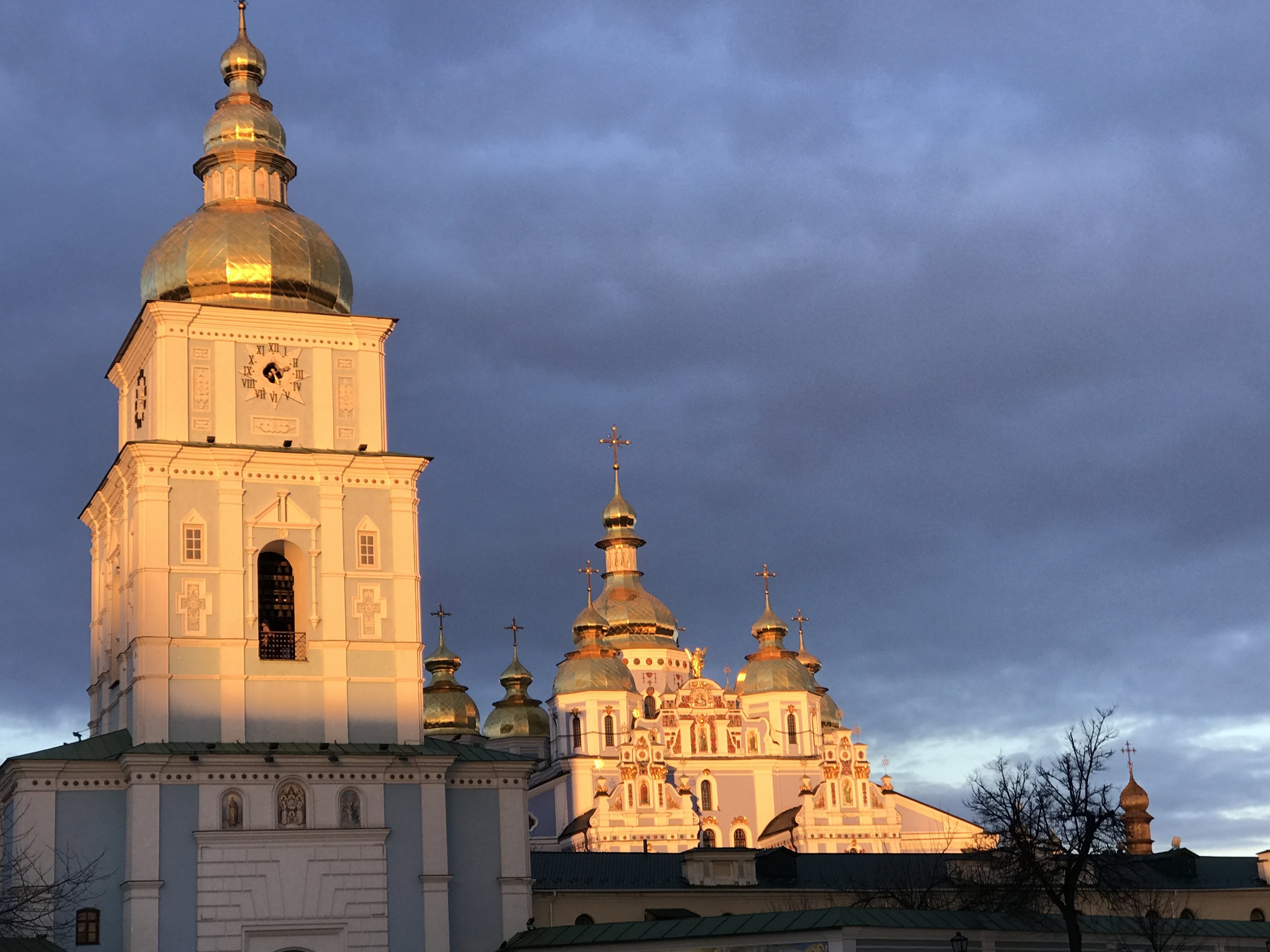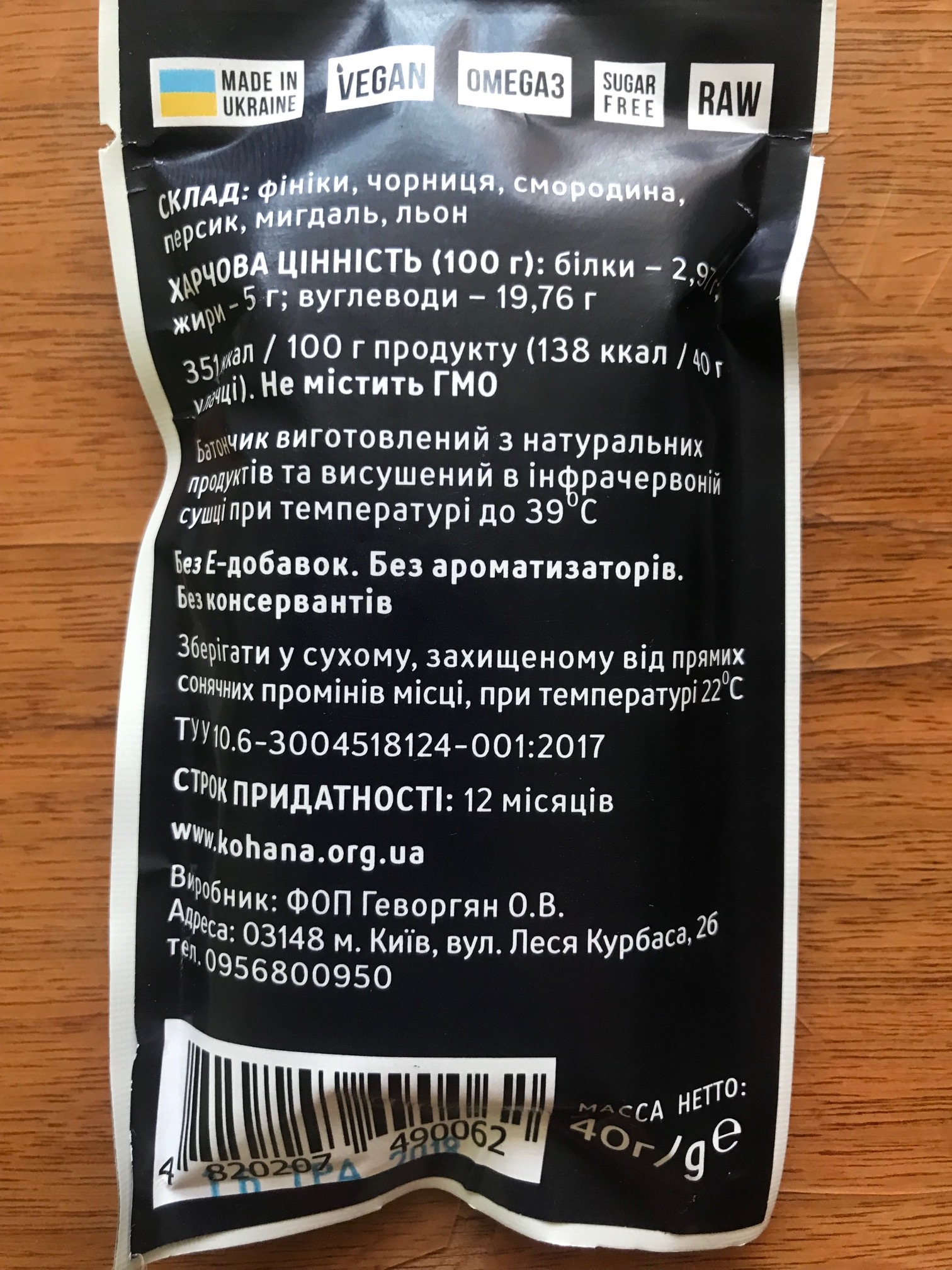
Ukraine’s image in the world isn’t good.
Not for the foreigners who have traveled here, or for people who know about the country. I’m talking about the average person on planet earth who knows Ukraine through the news; which is like 99 something % of people in the world.
When the word “Ukraine”—which sounds harsh in English—is spoken: Chernobyl, war, corruption, mafia, “mail-order brides,” and angry politicians throwing fists at each other is what comes to mind.
A Ukrainian who hasn’t left the country wouldn’t know this.
To be fair, ask most Ukrainians what they think of Colombia. It’s usually a negative response rooted in thoughts about drugs and violence. 99 something % of Ukrainians—if they heard anything at all—know Colombia through the news; and the country has never looked pretty there. Colombia has made huge gains in the past ten years, and differs much from the common perception.
But at least Colombia has coffee and salsa dancing to show the world.

With the mistakes America makes—such as its foreign policy in Iraq, Syria, and other places, and its anxiously tweeting narcissistic president—people know Google, Facebook, movies, jazz music, classic cars, etc. They even order pizza that tastes like cardboard—Dominos—and sometimes like it.
My point is, no matter what is wrong in America—like school shootings—the country has tangible things that foreigners interact with in their daily lives to give a different view of the country, to respect the country for.
Ukraine has none of this.
I’ve traveled to roughly 80 countries in the world, and Ukraine is one of the very clear underdogs. That’s part of the reason why I’m here.
There are few countries that have such a gap between the perceived reality and the actual reality. Most foreigners who come here—like my friends and mother who’ve visited—are impressed with Kyiv, and “shocked” that it’s nothing like what they thought.

It’s not a joke when I say many foreigners imagine landing at Borispol smack in the middle of a war zone, where gunmen scurry in the trenches firing AK-47s.
What’s not expected is beautiful parks, flowers everywhere, a chill feel, helpful locals, and interesting architecture. There are special cultural attributes here that need to be experienced to be understood.
Sure, Ukraine has a copious number of problems… and it depends where you are in the country—Kyiv and Osypenko are two different realities. Even Kyiv itself has strikingly different realities.
Ukraine’s image problem comes from the fact that the world doesn’t have anything it can positively identify with the country. Imagine if Americans drank delicious coffee in the morning, saw the Ukrainian flag on the bag, and associated the feeling of good coffee with Ukraine. They’d have a positive and tangible experience with Ukraine countering the common storyline.

The international world uses a service created by Ukrainian/American: Whatsapp. But many people don’t know that the co-founder is originally from Kyiv. He immigrated to America when he was young, and there’s no reference to Ukraine in the product.
Sure, Ukraine made the world’s largest aircraft, but most of the world doesn’t know this. And they’ll never see or use it.
As a rule of thumb… for the world to care more about a country, the country has to be more connected to the world. This is achieved through business, entertainment, or cultural ties.
But what’s special about Ukraine is not a product, but a feeling…
Like the feeling that the culture has more time for deeper relationships.
Like the feeling of regular eye contact.
Like the feeling of a mother giving her baby to a complete stranger without a spoken word, so she can get money out of her purse to pay for a marshrutka ride.
Like the feeling at airports and train stations that are still special places, with loved ones waiting with flowers.
The feeling of natural human connectivity that so much of the modern world is losing….

But a feeling can’t be exported. I try my best to do capture this feeling in my content. But tangibility is more powerful for image shaping; and there’s nothing a foreigner interacts with on a daily basis that they consciously know is from Ukraine.
The reality is, what’s good about Ukraine doesn’t get exported, and the bad things on the news do. Ukraine needs something that connects it to the globe, something that helps balance out its image in the world.
This is the current reality; but the future reality can be much different. Ukraine has the potential to change its image problem, it has the brainpower and capability to do so.
If you’re interested in more content from UKRAINE and the WORLD visit these links below:
